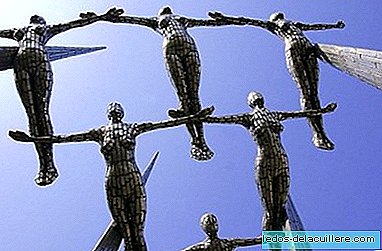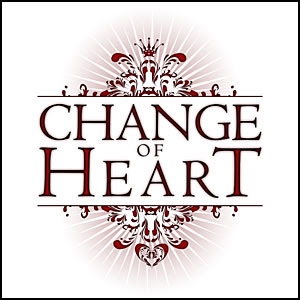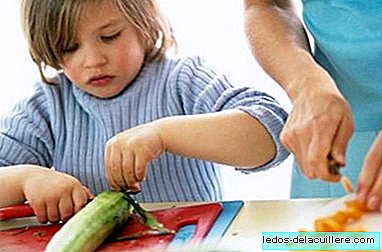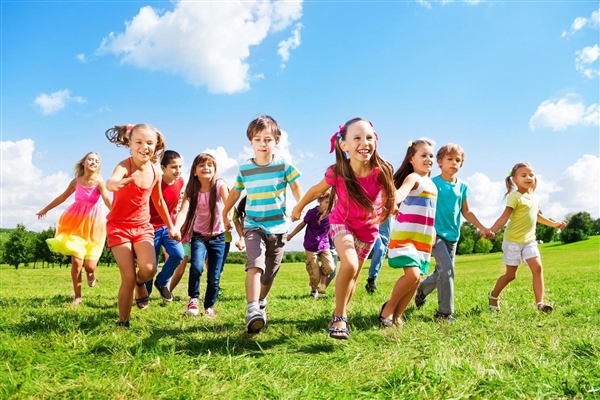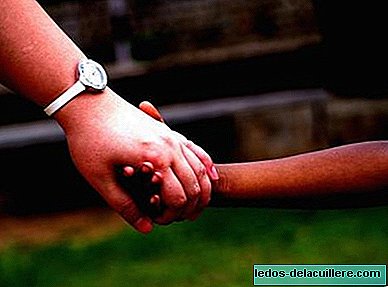
Helping others not only makes us feel good psychologically, but also benefits our physical health.
The function of mutual help, of community help, helping others whenever it is in our hands, is very important for the functioning of society, since not everything can be bought or sold with money (regardless of what services to those who agree to pay require a renewal of the financial contribution).
Not everyone has the same time, availability, desire to collaborate in volunteer organizations, but when we talk about 'helping others' does not always imply premeditated and coordinated actionsYes, it also counts on the support we can provide to people in our environment who need it.
Of course, this time we would like to talk about the benefits discovered by a study published in the International Journal of Psychophysiology. It is logical to think that for those who receive the action it is very positive to have the care or attention of a person to whom it will be easy to connect emotionally, which offers no more conditions than the organization of their daily life.
However, it seems that the one who 'offers' voluntarily, also receives a series of health benefits in return which were contrasted by the University of California in 1999, and that of Michigan in 2003.
Thus, an increase in self-esteem, less depression, low levels of stress, longer life, more happiness, lower blood pressure, were found in the group of people who had previously participated as volunteers in different associations and entities. Even taking into account factors such as age, exercise, health and negative habits adopted (eg smoking), these positive effects were evident.
It seems to give selflessly to others can activate regions associated with pleasure, trust, and connection with others. This causes the release of endorphins, substances associated with well-being and pleasure.
As I said before, helping is not just participating in volunteer organizations, it is natural to establish social networks of commitment between people. In the first case, I think that special attention should be given to volunteers who participate in different entities, providing support services to people, who do not forget that they do their work altruistically, and therefore it is a job that must be Recognized as it deserves.
It is only a reflection because many young people decide very early (in my case they were 16 years old) to collaborate as volunteers. It may influence the attitude of their parents towards the environment, or the ability to have developed empathy ... in any case it is an attitude to encourage (not impose) that can be combined with other activities they develop.
Let's not forget finally, that to help, the other part of the relationship must want to be helped (there is an explicit request or not), so imposing help makes no sense, and can generate effects contrary to those expected.


